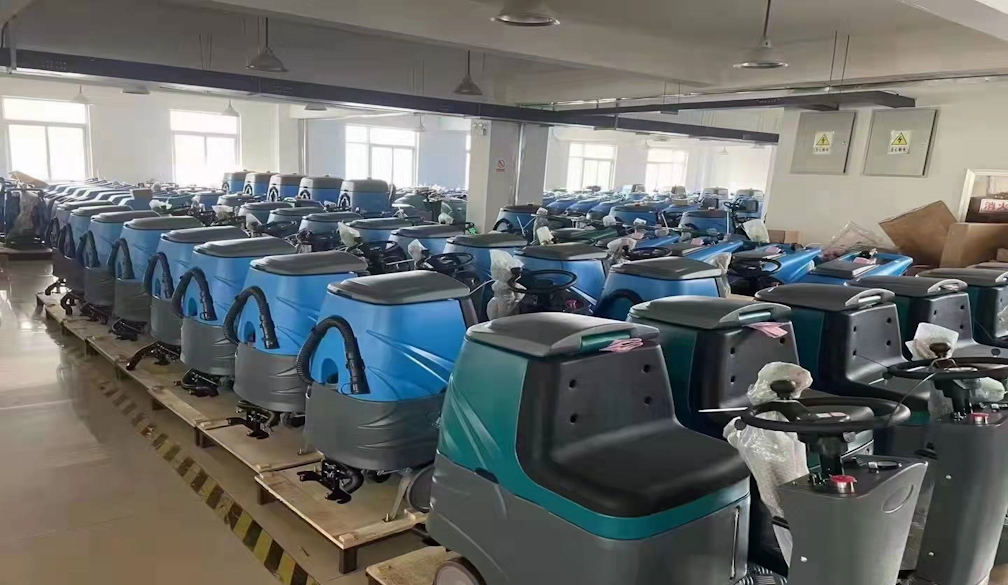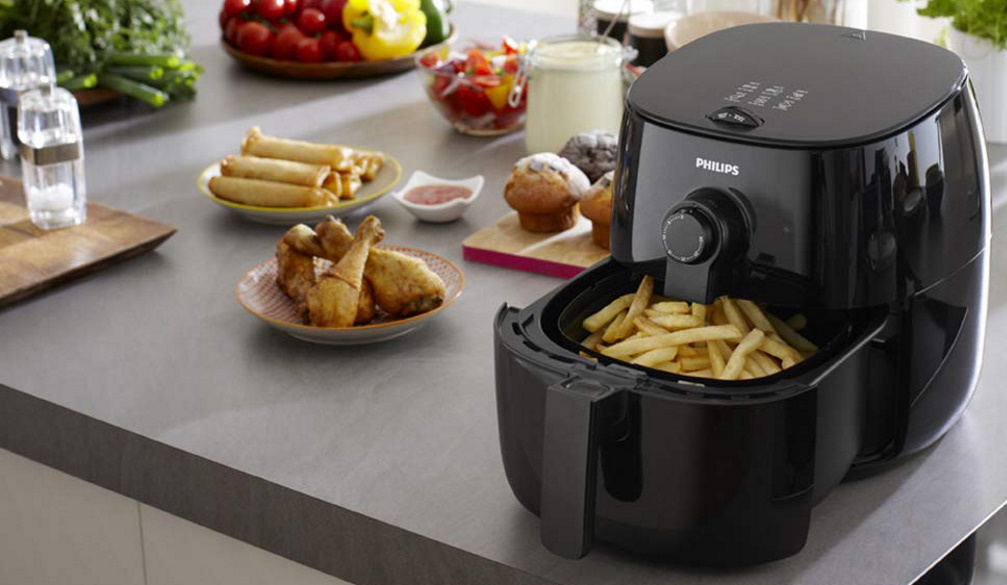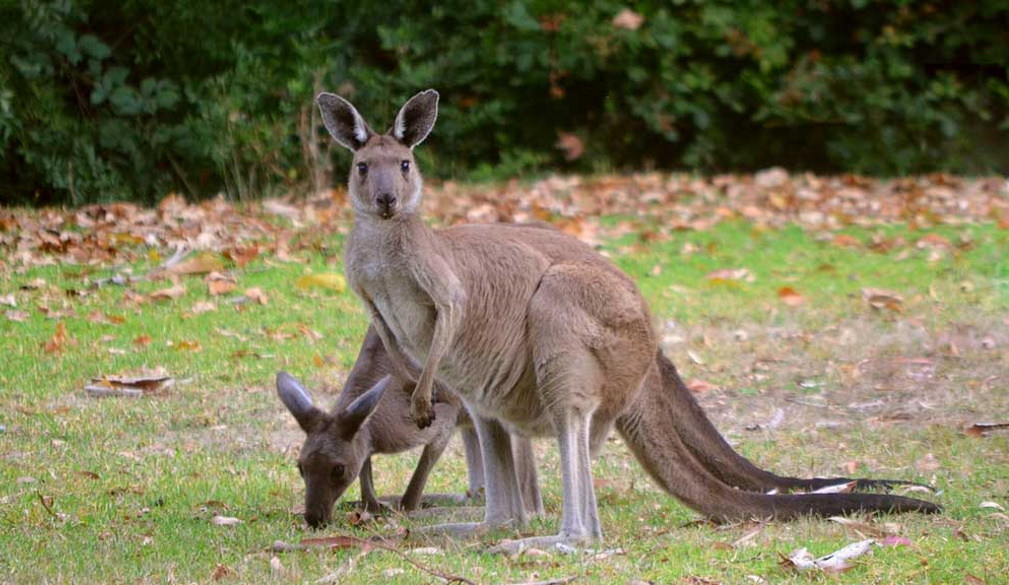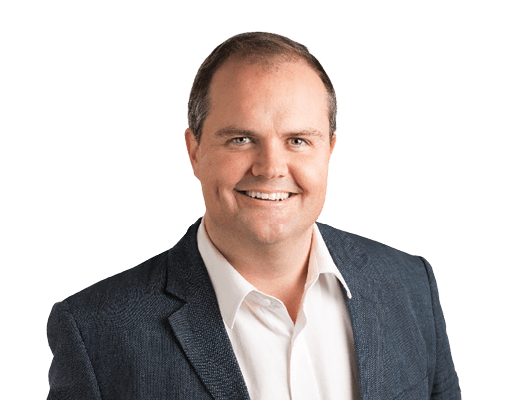Prime Minister's interview with Neil Breen, 4BC
- Written by Scott Morrison

NEIL BREEN: Good morning to you, Prime Minister.
PRIME MINISTER: G'day Neil.
BREEN: At National Cabinet last Friday, Prime Minister, obviously the Doherty Institute presented its new modelling and we know it was sent to the premiers and their departments before the meeting. After the meeting, our Premier and our ministers like Grace Grace have said they haven't seen the new modelling and they're waiting to see it. They'll make their minds up on it when they see it. Why did they tell us that?
PRIME MINISTER: Well, I don't know. I mean, they've seen as much of it that I've seen and there was a sensitivity analysis of that was done, which we do many of these. And Professor McVernon attended the meeting and it was available to take questions from premiers and chief ministers and myself, you know, for quite a long period of time. And she presented her analysis to the group. And a further report will be coming forward as they are aware, but all premiers and chief ministers have seen everything that I've seen. And was able to confirm that we can move forward at 70 and 80 per cent. We have to be careful at 70 per cent and I think that's wise advice that we've received and that 80 per cent, the position is strong. And I think that's what's really important about the national plan, Neil, is that it's a safe plan ...
BREEN: Well, we'll always be careful, we just don't need to be this careful when we get to 80 per cent.
PRIME MINISTER: Well, at 80 per cent, I mean, the advice remains that we're largely dealing, with sensible precautions remaining. It's not like it's open slather and you can do whatever you want. I mean, you still got to be careful. The Delta variant is still there. And unlike many other countries, we're not saying, oh, at 80 per cent, it's all you know, it's all off, it's completely no restrictions. That's not what the model proposes. That's not the National Plan. It just means that at those points in particular, you know, widespread lockdowns, things like that do more harm than good. And you shouldn't do them and you should be reconnecting with the rest of the country and the rest of the world. But I appreciate I mean, people would be concerned, I have no doubt, in Queensland where you haven't had those numbers of cases that have occurred in New South Wales and Victoria. People would be looking south and going we don't want that. I understand that. But that's, we're dealing with a situation now where you've got probably about 35 per cent at the end of August of our population, which is double dose. At double that rate, then the level of protection that's there in the community is significantly strengthened. And I think it's best demonstrated by when you compare what happened in the Victorian second wave last year when there was no vaccine, and to the New South Wales wave that we're experiencing right now, which has reached the same number of cases.
Now, the fatality rate in Victoria at that time was 4.3 per cent. In New South Wales, for the same number of cases, it's 0.45 per cent. That's almost a 90 per cent decline. And that's what vaccination rates at less than half what the 70 per cent figure is. So I understand that people would be nervous about it. But the point about the National Plan is it's a safe plan. It's not just about opening up for economic reasons. That's very important as all Queenslanders know, particularly those in the tourism, the travel sector, events, business, all those things. But it's also a very safe plan based on the best possible scientific advice, which has been fully briefed to the premiers and chief ministers and their directors general as it has to me and and the head of my Health Department and the head of Prime Minister and Cabinet.
BREEN: Prime Minister, our Premier, a week ago today, along with the Chief Health Officer and the Health Minister in Queensland, told us Queensland was full and we can't take any more in hotel quarantine and Queenslanders can't even come home who are in a state for the death of a loved one or whatever reason they're in a state for. Yet 100 NRL associated people arrived on a plane secretly yesterday. So did the women's cricket team and the Indian women's cricket team. And we found quarantine spaces for them. We've got people with cancer who are in a state who aren't allowed to come home. As the Prime Minister of this country, how does that make you feel?
PRIME MINISTER: Well, I share people's frustration about that, no doubt about that. But what's the answer? I'll tell you what the answer is. We need to move to home quarantine. Home quarantine needs to be places for all Australians, all Queenslanders on that basis. And right now in South Australia, they're running the trial for home quarantine. And that's exactly what can begin to be introduced once we hit 70 per cent. Now, that means Queenslanders returning home from elsewhere in the country, Queenslanders going to other states and returning to Queensland if that is necessary.
But at 70 per cent, 80 per cent moving around the country, then it would be hard to understand why that would be needed, particularly Queenslanders who travel overseas. Once you get especially 80 per cent, you should be able to return home and quarantine at home. The answer for quarantine going forward is actually home quarantine for Australians. And to the extent we need to continue to have quarantine going forward, then what we need is for that to be for international travellers, for the workers that are necessary to come in to Queensland and for backpackers to come back and all of these sorts of things who are vaccinated. That's what, if there is a need for quarantine once you passed 80 per cent of those who were vaccinated, then that's what that should be for. I want to see home quarantine become the norm.
BREEN: It's been 15 days since Kabul fell to the Taliban, obviously, we're great partners with the United States. Have you spoken to US president Joe Biden yet?
PRIME MINISTER: No, I haven't as yet. I anticipate doing that not too far away.
BREEN: Is that disappointing that he hasn't contacted you? We are a pretty strong ally.
PRIME MINISTER: Well, we are. And that's not affected by it. I mean, we've been in constant contact with those who have been running these operations and the Foreign Secretary and all, everyone who's been involved in these operations through the military. And we've had a seamless relationship. I mean, we still have our KC-30 there engaged in refuelling operations. We're still supporting the operation that is happening more broadly across the Middle East. We were able to get 4,100 people out of there. That's around about four times what our original estimate was. So, you know, I understand these comments, but the US President needed to do what he needed to do. I needed to do what I needed to do, and that was get 4,100 people out. And we had extraordinary cooperation from the United States. There were no issues there to raise because we were just getting the job done.
BREEN: Well, he contacted Spain and Italy and France and all these other mobs. And I don't know. He didn't give us Pfizer vaccine. I think we're on the nose with him.
PRIME MINISTER: No, not at all. I mean, I mean, I just don't agree with that. I've been dealing with the United States on many issues and we continue to do that. And, you know, I'm not precious about these things. I just focus on getting the job done.
BREEN: OK, Prime Minister Scott Morrison, thanks so much for your time on 4BC Breakfast.








